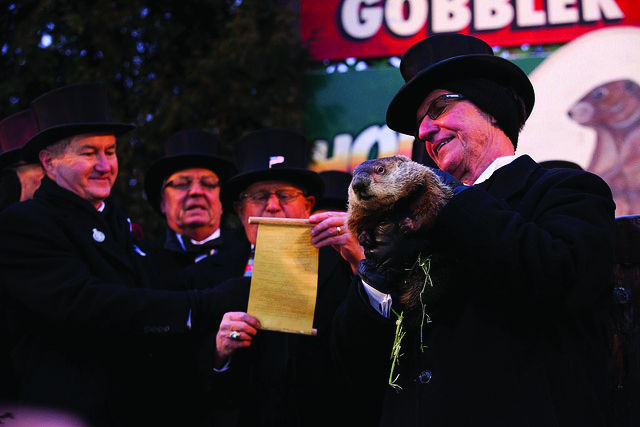Classes cancelled, wild winter weather freezes St. Edward’s
Bunches of leaves cling for dear life, shivering on gray trees. Squirrels and cats dare to scamper in the open for seconds at a time, before dashing into a recessed corner out of the wind. Humans, bundled and braced, step out of doors only under circumstances of utmost necessity.
What might sound like conditions fit to describe cities up north happens to be the conditions St. Edward’s University has faced multiple times this semester.
In fact, much of Texas and other states in the South have been met with an especially high doses of old man winter this calendar year.
A plethora of posts, swells of Snapchats, and torrents of tweets are recorded each time the topic of cancellation comes up. In the case of the class cancellations on Feb. 7, social media fervor accompanied the text message and email the university used to inform people that classes were cancelled.
Snapchats of bewildered faces and captions hastily typed in all capitals reading, “No school!” have become an all-too frequent occurrence.
As the prospect of freezes wanes and students begin to trade their winter coats for shorts and flip flops, one might question whether we as a campus overreacted to the chilly conditions.
Certainly the extra time to study is a welcomed opportunity, but did ⅛ inch of ice really constitute a polar predicament worthy of closure and cancellations?
In the name of safety, any barrier of ice between pavement and rubber —footwear, tire or otherwise — does present a dangerous situation, especially on the roads. If the area had been better equipped to operate in below freezing weather, maybe the outcome would have been different.
Nevertheless, some schools give their students no option but to buck up and carry on when the conditions get cold.
Getting up earlier, taking a longer commute, and staying off the major roads is one solution to bad conditions. Considering that some in the meteorological community expect colder winters and hotter summers in the future, will cancellations every time the temperatures dip and very little precipitation accumulates be an effective solution in the future?
One would hope that an organization with a flashy name like S.L.E.E.T. — Student Leaders Experienced with Extreme Temperatures — comprised of students from states that are familiar with what constitutes “cold” forms to guide us in the years ahead.







